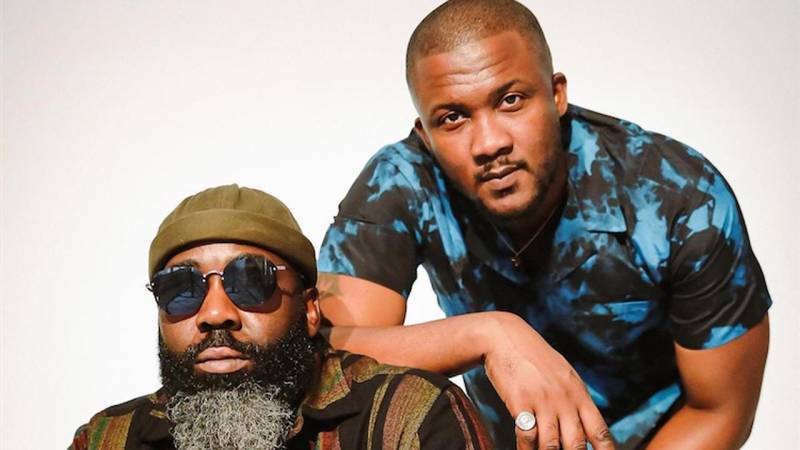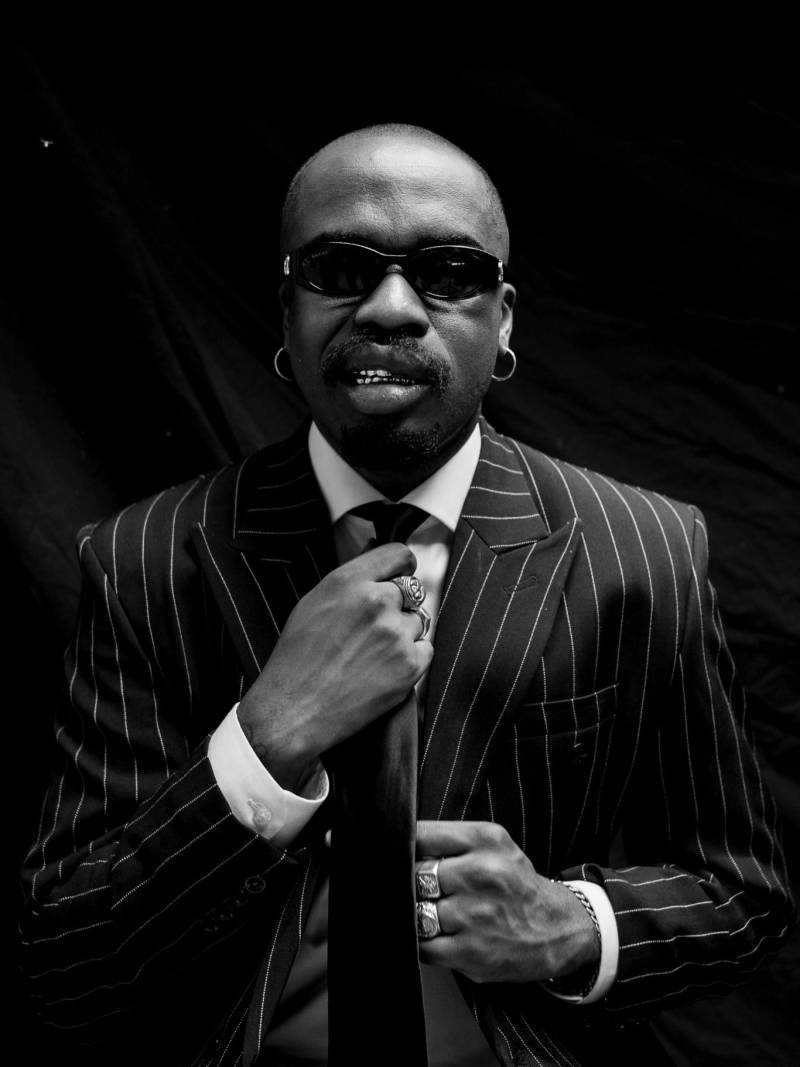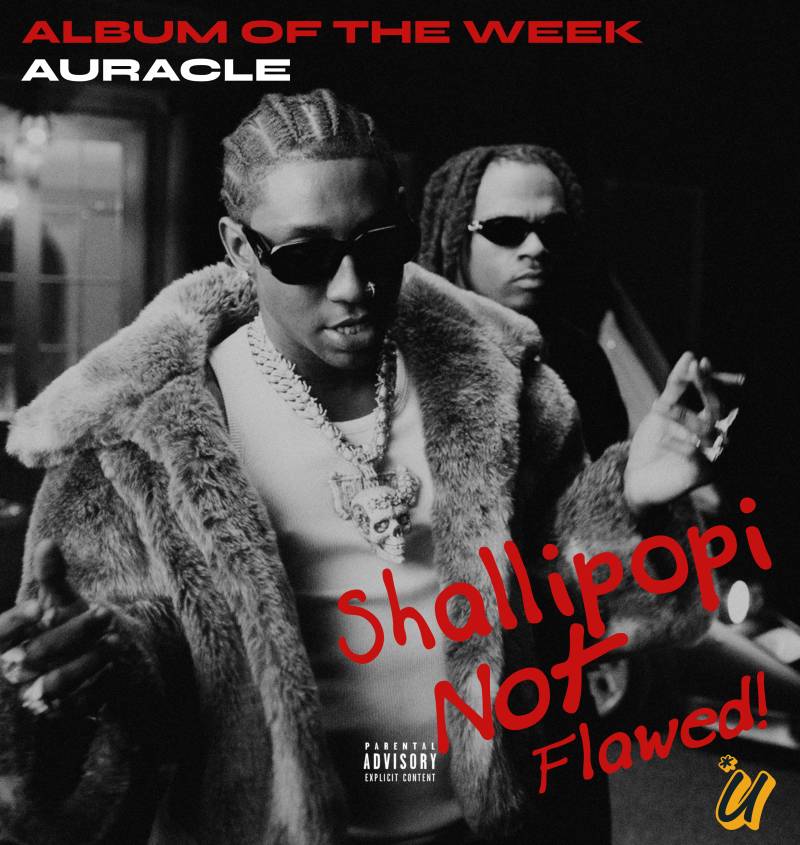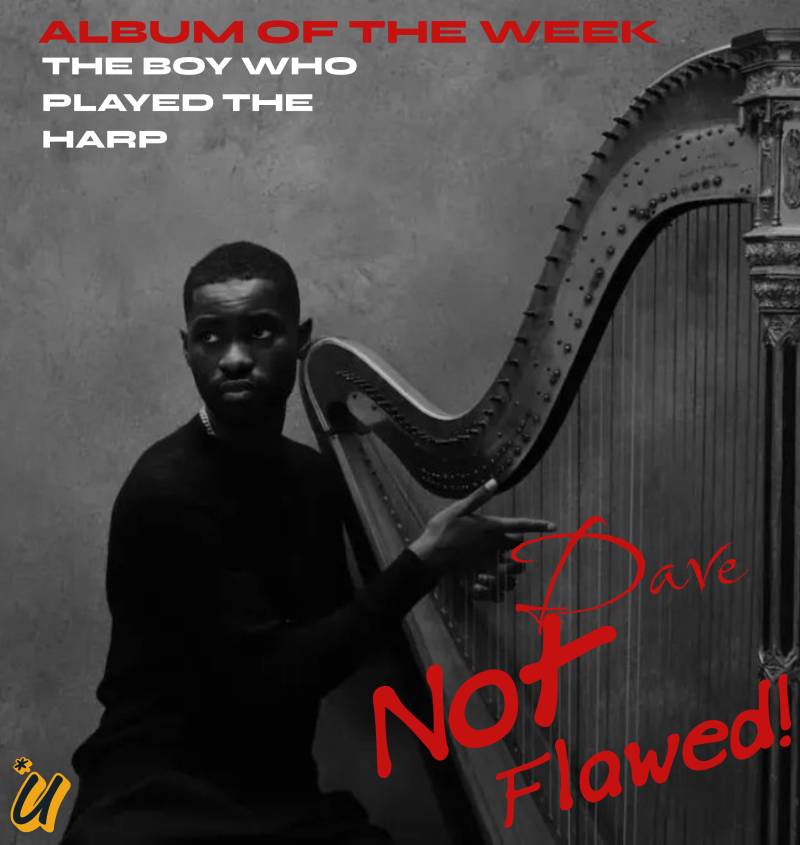It’s nearly impossible to travel the world without encountering instances of hip-hop changing lives. Show Dem Camp can tell you a thing or two about that. The Nigerian rap duo – consisting of Tec, Wale Davies, and Ghost, Olumide Ayeni – would never have happened if it weren’t for the love of hip-hop.
It was Tec’s first week at university in the UK and he needed a way in with the other Nigerians on campus, he tells me over the phone. “I felt, if I could show them that I rap, then I would probably be popular. They told me there was a guy at the school already who was their best rapper. His rap name was Golden Child — which, as fate would have it, was also my rap name.” For two hip-hop-heads, this could only end in one way: a battle. And we might never know how the Golden Child faceoff ended — both rappers’ versions go something like this: “Obviously, I smoked him.” But regardless of who won the battle, because of that fateful day, African rap was about to change for good.
Everyone keeps talking about Afrobeats as Africa’s only dominant sound. What they don’t see is that, before the modern Afrobeats story, hip-hop was already doing much of the talking. “Growing up in Africa, that was our window to what was cool in the rest of the world,” says Tec. Ghost adds to that a signature wisdom: “Here, there's the struggle of just trying to have a voice in general. And I think hip-hop gave that to a lot of African people.” Above anything, what truly speaks to the power of hip-hop here are the countless local rappers pitching into the genre with their own hybrid sounds, and perhaps no one has championed this phenomenon as brilliantly as Show Dem Camp and their “Palmwine sound.”
Named after the local West-African alcoholic beverage, Palmwine music captures the rhythmic crossroads between Afrobeats, dancehall, hip-hop, and R&B that contemporary African rap sits at, strung together by Ghost’s streetwise growl and Tec’s sharp wit. “Hardcore hip-hop beats weren’t gonna cut it,” says Ghost. “We were looking for a sound that could match our rapping skills and also be accepted audio-wise by people in Nigeria.” Tec continues: “We still need that melody, we still need that thing that we can hold onto in the music and vibe to. So why don't we take African sounds and make it hip-hop? How do we merge highlife music with rap? There's no rules to this.”
This creative precision can be observed in the lofty melodies of songs like the alté-infused “Do Me Nice” featuring Buju, “Too Bad” featuring Amaarae and Tems, and "Rise of the Underdogs 2" with Tomi Thomas. Another thing these tracks have in common is how they spotlighted Africa’s rising talents well before the world caught on — all the above-named featured acts are currently cruising on international success. It’s a tastemaking ability that infuses Show Dem Camp’s efforts beyond their own music. The group’s Palmwine Festival, whose fifth edition kicks off October 31 in London, platforms Africa’s buzzing music scene. “That's quite important for us,” Tec says, “Even more than the music we make, our purpose is to push the whole culture forward. So, wherever we can, we actively go out and look for these rappers and artists that we feel have a unique voice, and we try to give them a platform just to help make things as easy as possible for the generation coming up.”
As the true guardians of the sound, I find there’s no one better to speak on African rap and the artists that can push it further than Show Dem Camp. “[Rap’s global success] has definitely been slower than the rest of African music that's been coming out,” Ghost acknowledges. “But in terms of skill level and creativity, we’re not behind these guys [in the US and UK] in any way.”
Now it’s just a question of the world paying attention. But where to start? Luckily, the inimitable duo gave me a breakdown of Africa’s hottest MCs, from Ghana to South Africa. Above all, our conversation leaves me with the feeling that African rap is in good hands.
SOURCE : Highsnobiety




